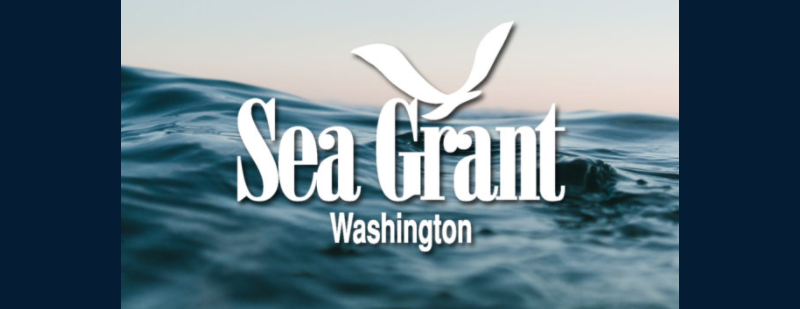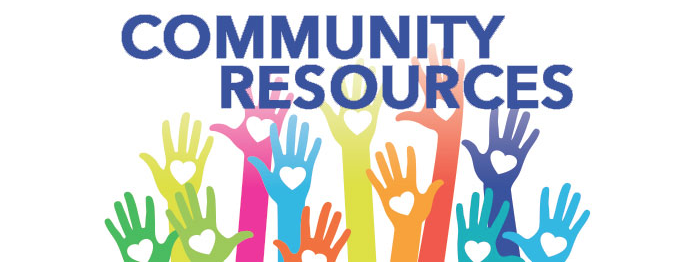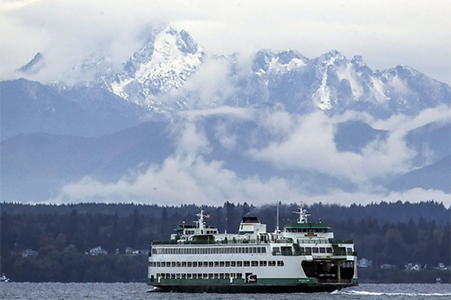Nine projects have been selected through a competitive request for proposals process
||| FROM WASHINGTON SEA GRANT |||
Seattle – Washington Sea Grant (WSG) announced today over $2 million in funding for nine new marine research projects in 2022 and a new research partnership with the Puget Sound Partnership contributing $432,000. The combined funds totaling over $2.5 million will go toward scientific endeavors that will help lead to healthier and more resilient coastal ecosystems and communities in Washington State. In addition, WSG is pleased to be partnering with Puget Sound Partnership on creating a graduate student fellowship program designed to advance Puget Sound research and engage the next generation of professionals.
“We are thrilled to be joining forces with Puget Sound Partnership to fund important science projects relevant to the Puget Sound region,” said Russell Callender, director of WSG. “The new fellowship complements the research component by providing practical, on-the-job training for future marine professionals.”
WSG has a long history of collaborating with Puget Sound Partnership, and with this effort will extend the collaboration to leverage both federal and state funding for important marine science research. “Sound science provides crucial guidance for Puget Sound recovery,” said Laura Blackmore, executive director of the Puget Sound Partnership. “Washington Sea Grant’s investments in developing and communicating scientific findings have provided such guidance for years. I’m pleased that our new collaboration will increase this investment to answer additional key scientific questions and to foster emerging careers in science through a new fellowship program for graduate student researchers.”
Below are the titles of the funded projects and their corresponding principle investigators, which were selected through a competitive process:
- Climate change, distribution shifts and choke species: A threat assessment to advance fishery ecosystem planning (Tim Essington, University of Washington)
- Distinct population segments in Puget Sound rockfishes (Sebastes spp): Improving management of a vulnerable species complex (Lorenz Hauser, University of Washington)
- Maximizing returns on investing in barrier culvert removal in Washington State (Sunny Jardine, University of Washington)
- Indigenizing Science: Applying the Thirteen Moons Framework to an Indigenous research paradigm to understand Indigenous aquaculture practices (Emma Norman, Northwest Indian College)
- Unblocking bottlenecks in recovery of endangered pinto abalone populations (Jacqueline Padilla-Gamiño, University of Washington)
- Readying sustainable aquaculture for a changing ocean: Uncovering the mechanisms associated with intergenerational carryover effects to enhance bivalve resilience to acidification (Steven Roberts, University of Washington)
- Two-eyed seeing in practice: Participatory modeling to evaluate pinniped hunting in Puget Sound as a tool for salmon recovery (Jonathan Scordino, Makah Tribe)
- Legacy and emerging contaminants in seaweeds of interest for Washington State aquaculture development (Ruth Sofield, Western Washington University)
- Sustaining marine forests: A genomics and experimental approach to inform bull kelp restoration, aquaculture and conservation (Jodie Toft, Puget Sound Restoration Fund)
Washington Sea Grant, based within the College of the Environment at the University of Washington, helps people understand and address the challenges facing Washington’s ocean and coasts through marine research, technical expertise and education.
**If you are reading theOrcasonian for free, thank your fellow islanders. If you would like to support theOrcasonian CLICK HERE to set your modestly-priced, voluntary subscription. Otherwise, no worries; we’re happy to share with you.**







